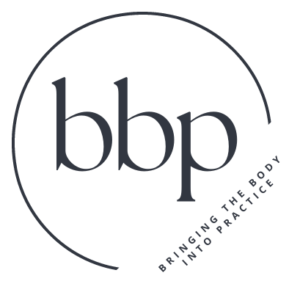What does therapy, the body and culture have to do with psychotherapy?
I posed this quote for a free writing exercise one morning at a BBP writing group. What came back was potent, powerful, illuminating, expansive, opening, affirming—you get the drift. We decided to share it…here it goes, you’ll see responses from four different therapists and writers ~ enjoy!
“Practicing therapists are all confronting the same phenomenon, the troubled animal, and striving to find ways to relieve emotional misery, often in defiance of the pressures and demands of the surrounding culture” (McWilliams, 2005, p. 140). McWilliams, N. (2005). Preserving Our Humanity as Therapists. Psychotherapy: Theory, Research, Practice, Training, 42(2), 139.

How is it that we work within the bounds of the culture which provides a frame and yet identify and go beyond the limitations of the cultural framework that oppresses, denies, injures? The framework that I hold is one of recognizing the duality of the cultural framework – holding both the good and bad so as to see the complexity of life, the complexity that we are embedded in. It reminds me of the necessity to develop the capacity to hold both, that developmental achievement in human maturation and psychological sophistication, a necessary part of reflective functioning, mentalization, both which are necessary for understanding self and other, and in that way decreases or has the opportunity to decrease misery and suffering. To be able to see oneself in context and understand the other in context opens people to the ‘depressive stance’ (in object relations parlance) which takes us out of rigid boundaries of black and white, us and them, victim or perpetrator, and moves us into an orientation toward both and. This movement allows one to recognize how they are implicated in the dynamics – for better and for worse – and how the context of cultural dynamics can create isolation, blame, othering, and competition, rather than collaboration, connection, consciousness, and understanding. Lisa Mortimore, PhD, RCC

It is important to remember, that at the most fundamental level, we are animals, and we also have a spiritual nature. As humans, we all experience emotional pain. The demands of the culture often keep us disconnected from our spiritual nature and the potential wisdom that comes from listening to what the emotional/animal body is saying. If we can allow our animal body to be alive within the truth of our spiritual nature, perhaps the emotional pain doesn’t have to become suffering. As therapists, we have the honour of being with our clients in a way that makes it possible for them to experience us feeling them, animal to animal and soul to soul, with an empathic presence so the emotional pain, which may have been felt as misery, can now become a felt communication of what wasn’t previously understood. Being felt, attuned to and understood by another, it becomes possible for the pain to be transformed into the beauty of pure sensation and true embodied wisdom. Lana Marie Willow, MA, RCC

Two things come up for me here. The first is that I am immediately taken to a line from Mary Oliver’s Poem, Wild Geese: “You only have to let the soft animal of your body love what it loves. Tell me about despair, yours, and I will tell you mine.” I am also drawn to McWilliams’ use of the word striving. It takes on so much meaning for me here, there is so much magic in the striving . . .
Some things are too big and too hard to hold alone.
There is nothing that can replace the felt sense of deep, empathic witnessing.
Relief can offer regulation but may also bring waves of grief as we realize how fleeting this is in certain seasons of life.
Inviting another into your world takes immense courage.
Valuing deep connection begins with conception.
If we remain disconnected from each other, and from community, power continues to reside elsewhere.
Now, more than ever, relational reciprocity is the only currency our souls need.
Genuine, authentic connection is a form of resistance.
Amandy Murphy, MC, RCC

Dominant over-culture. The tide that seeps in. Porous we are to this sea, when truly all we are is trying to be seen.
No human is an island.
Yet in this wake of emotional uncertainty, we often feel adrift-
Isolated, impenetrable to the soft sand castle of our soul’s teachings; just out of reach of the relational life raft.
Let me be your lifeline, your buoy, your floating kelp of help moving lovingly towards you in the watery expanse between us.
If I were an animal, an otter, a dolphin, I’d extend my fin in a feature of friendship to your distress.
I hear your SOS.
I see the peril in pathology and the way in which the pressures & demands of this surrounding culture have swept you out to sea”.
Efré Laurence Divina, MA, RCC

